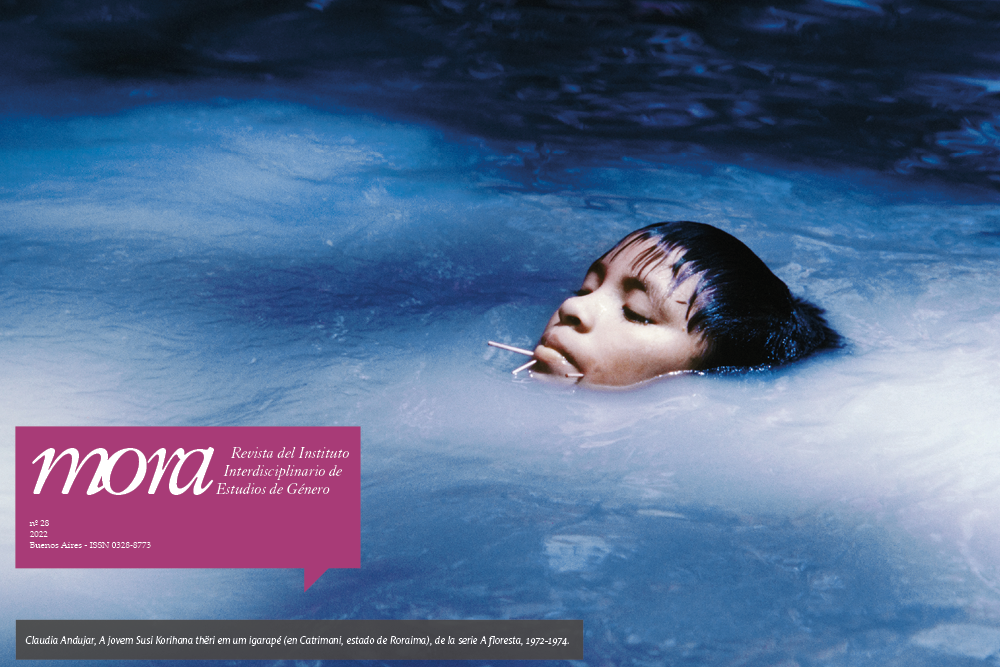Divas negras, feminismos negros: el “habla de negros” y el cuerpo de las mujeres negras en Lope de Rueda
Keywords:
black feminist theory, habla de negros, early modern Spanish black women, performative self-fashioning, material culture
Abstract
In this paper I focus on black feminist theory and offer a racially gendered analysis attuned to the intersectional discourse of gender, language, and race on display in early modern Spanish representations of black women in Lope de Rueda’s Eufemia (1542/1554) and Los engañados (1538/1558). I treat the two black female characters—Eulalla and Guiomar—as authoritative black female subjects, or “divas.” As divas, these characters’ notoriety and marketability enables them to access the (Spanish) nation as so-called royalty and queens, which hinges on a somatic Blackness that is fluid and performative yet deceptive and paradoxical. Manifested in their habla de negros speech, Eulalla and Guiomar speak with witty verbal puns and exhibit audacious bodily performances representative of Renaissance self-fashioning in relationship to cosmetics, female agency, and material objects such as books, makeup, and exotic animals. I suggest that Rueda’s portrayal of these characters might serve as a beacon for today’s scholars of early modern Spain to augment their initial critical approach to analyzing black women in the literature of Renaissance Europe. Just as Eulalla and Guiomar marveled sixteenth-century Spanish audiences with their contestatory power, they will also illuminate black women’s claims to female authorship for present-day readers.Downloads
Download data is not yet available.
Published
2022-12-20
How to Cite
Jones , N. R., & Sierra Matute, V. (2022). Divas negras, feminismos negros: el “habla de negros” y el cuerpo de las mujeres negras en Lope de Rueda. Mora, (28). https://doi.org/10.34096/mora.n28.12396
Issue
Section
Dossier: Armonías y ritmos inesperados: historias de raza y género





1.png)




